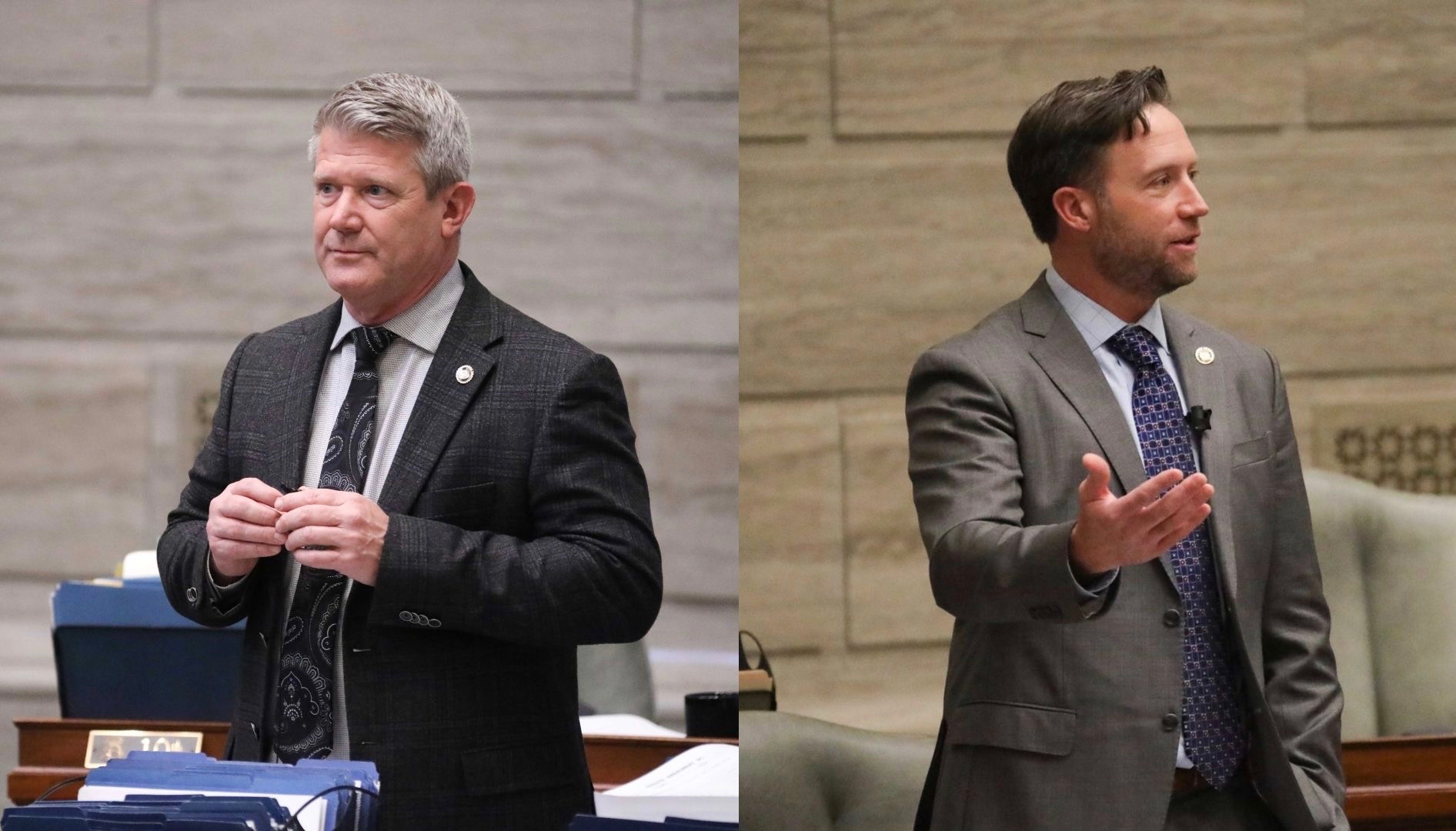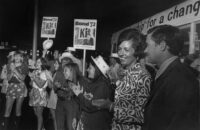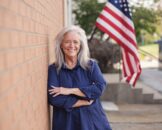Missouri legislators on both sides of the aisle sprung into action this year when the government sought collections on erroneous overpaid unemployment benefits during the pandemic. While individuals can now apply for waivers from federal overpayments, lawmakers are once again going to bat to forgive the state’s portion next session.
Sens. Doug Beck and Lincoln Hough pre-filed legislation this month to forgive the state’s overpayments. The bills would require the Department of Labor and Industrial Relations (DOLIR) to waive the collection of non-fraudulent overpayments issued by the state throughout the pandemic. The department would also be required to notify individuals of their ability to appeal if their applications were denied.
“We’re trying to get the state portion forgiven because they’re garnishing people’s wages, and these are not rich people. A lot of those affected were part-time workers that are just trying to make ends meet,” Beck, a Democrat, told The Missouri Times. “We see eye-to-eye on this issue for sure. We don’t think people should be penalized when the state said they were entitled to these benefits, these things that are going to help them make their house payments or keep their medications coming in. It was supposed to help them survive, and now it’s being garnished.”
While this year’s effort will specifically target the state’s portion, Beck said some Missourians whose federal waiver applications were rejected were still struggling under garnishments.
Beck and Hough co-sponsored each other’s legislation for the upcoming session. Though both filed similar measures that failed to cross the legislative finish line earlier this year, Hough said he hoped to see the bipartisan issue make it to the governor’s desk as soon as possible.
“This is the state’s screw-up, and I don’t feel like the individual should be on the hook for the taxes associated with that,” Hough, a Republican, said. “This isn’t something that concerns or benefits one party. It’s a consensus issue and a bipartisan issue, and I’m working alongside a good advocate and resource on this.”
The lower chamber weighed in on the issue this year as well, with seven lawmakers from both parties filing bills. Rep. Ian Mackey also pre-filed another attempt this month.
DOLIR estimated $150 million in overpaid benefits were sent to about 46,000 Missourians during the pandemic through both state and federal programs. About $40 million of the overpayments came from the state whereas $108 million came from federal funds, according to the department.
During multiple hearings this session, individuals testified regarding just how detrimental it would be for collections to start on those funds. A school bus driver told legislators she owed about $13,000 in erroneous overpayments.
The state began its collections anew in August after a moratorium allowing lawmakers to consider the 2021 session’s attempts to allow waivers. DOLIR said it could not waive collections because of existing state law and the federal guidance only covering its portion.
More than half of Missourians who filed for unemployment in 2020 were new filers, Labor Director Anna Hui told lawmakers. Monthly initial claims increased to more than 300,000 in 2020; in 2019, that number was less than 50,000.
The first major unemployment spike came during the week of March 21, 2020, which saw 42,207 filings — more than 10 times the prior week. Weekly initial claims then remained above 90,000 for three weeks in a row. The increase coincided with quarantine and stay-at-home orders that shuttered businesses and left workers in a variety of industries without jobs, though rates have since stabilized and remained low throughout 2021.
More than 10,000 federal overpayment waivers had been approved by mid-November, according to the department, with more than 23,000 requests processed.
Missouri ended federal pandemic-related unemployment benefits in June to encourage more Missourians to rejoin the workforce amid nationwide labor shortages.

Cameron Gerber studied journalism at Lincoln University. Prior to Lincoln, he earned an associate’s degree from State Fair Community College. Cameron is a native of Eldon, Missouri.
Contact Cameron at cameron@themissouritimes.com.




























